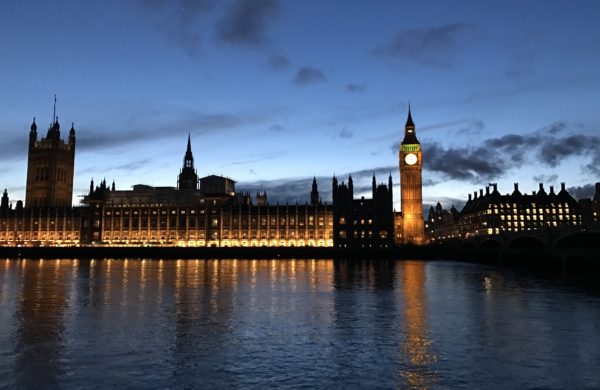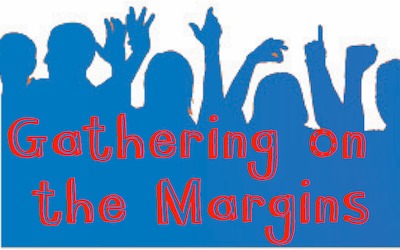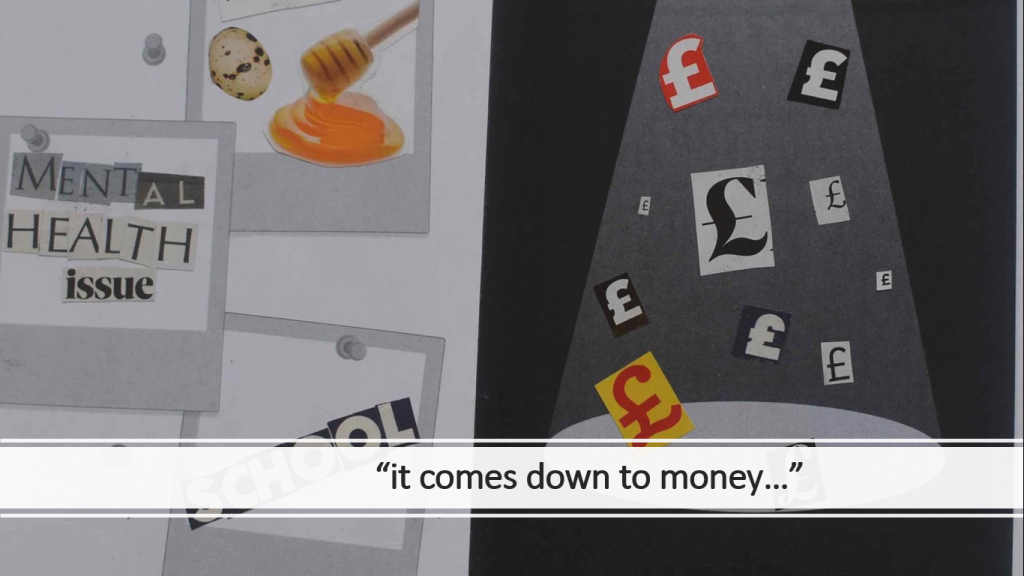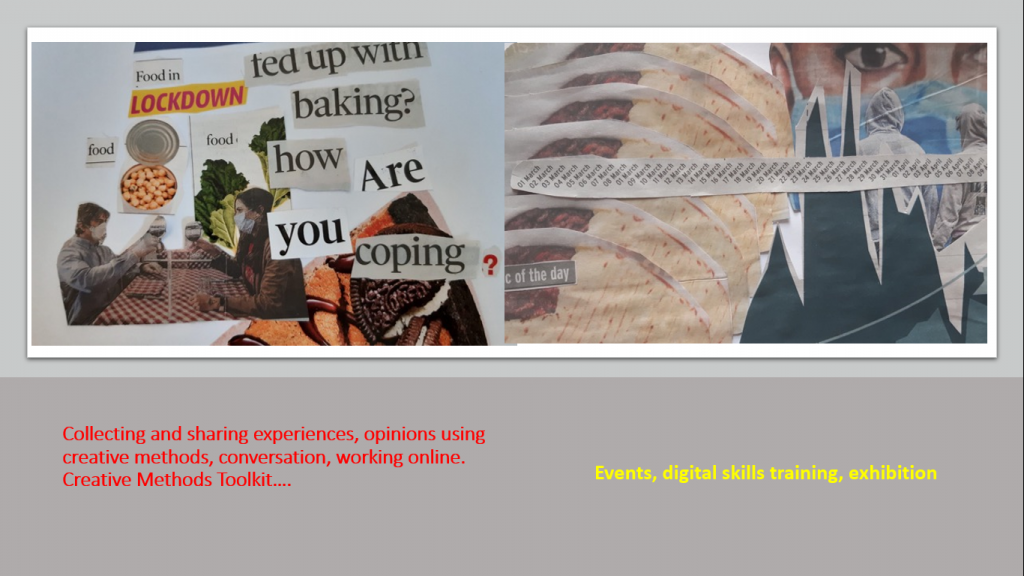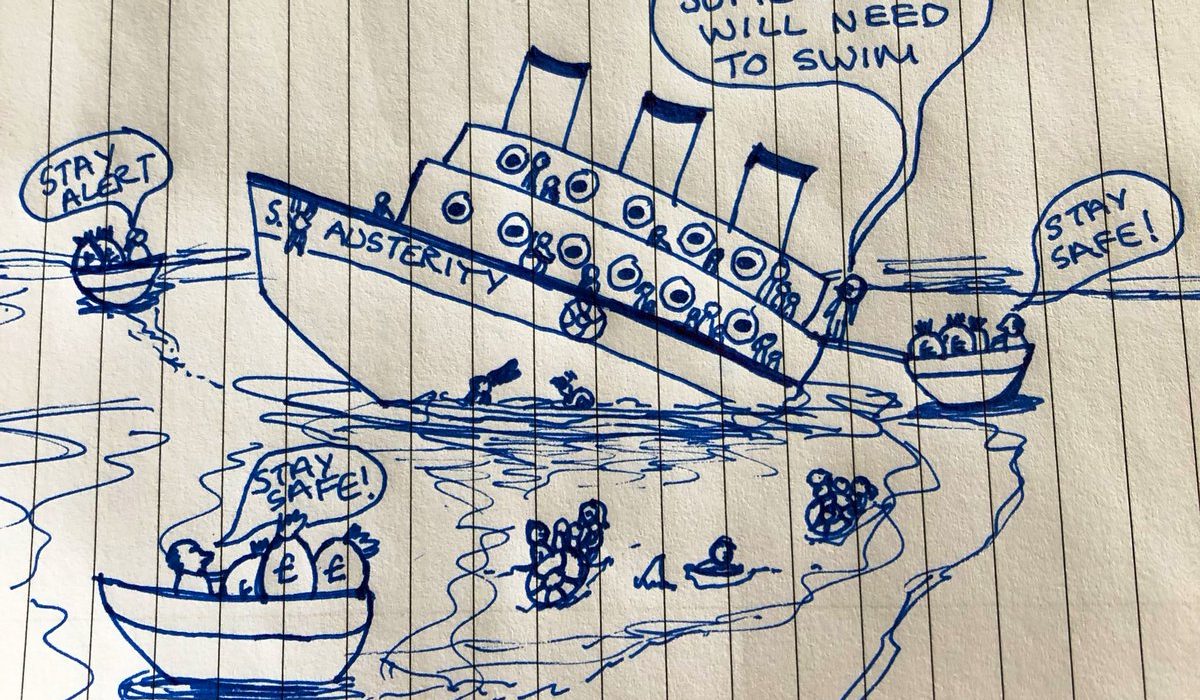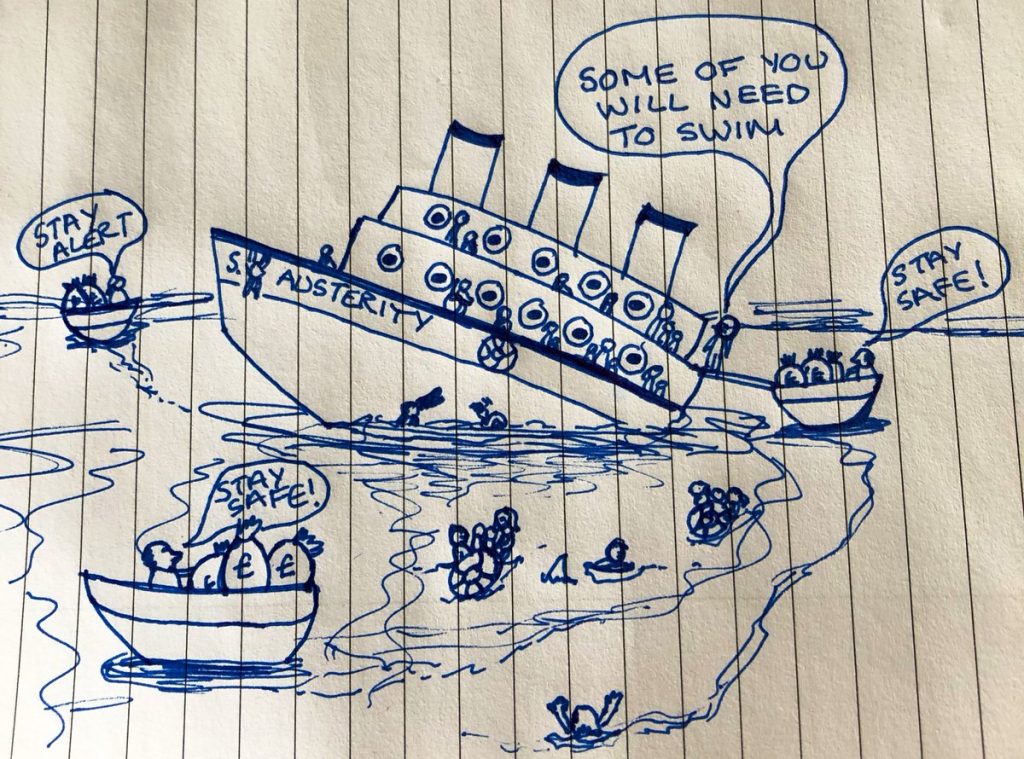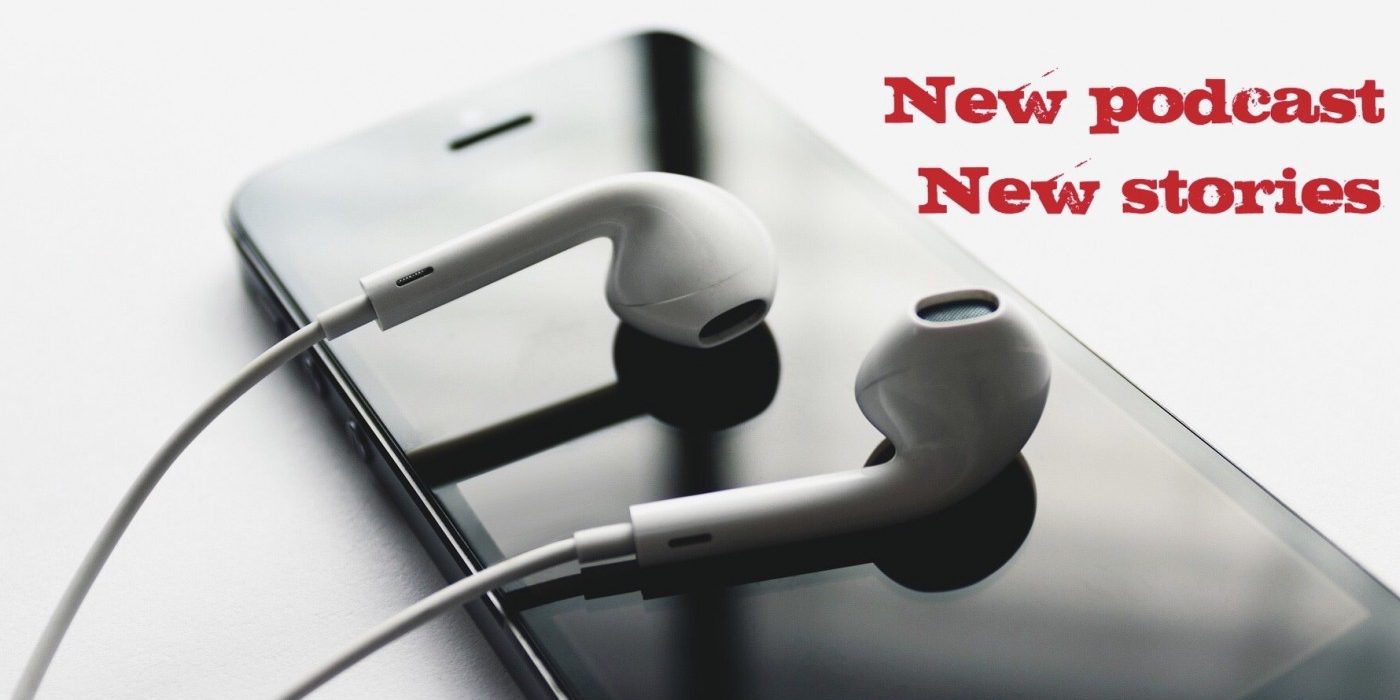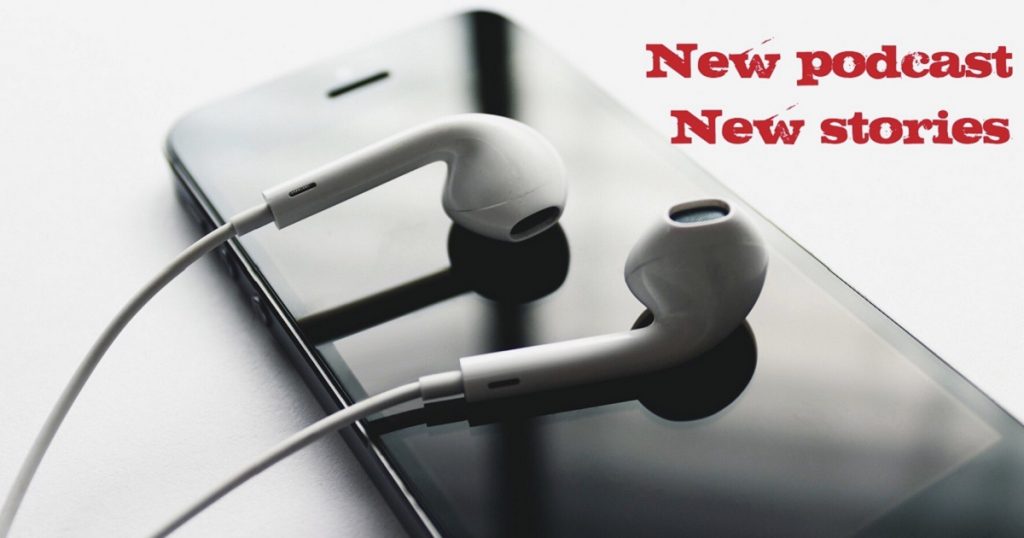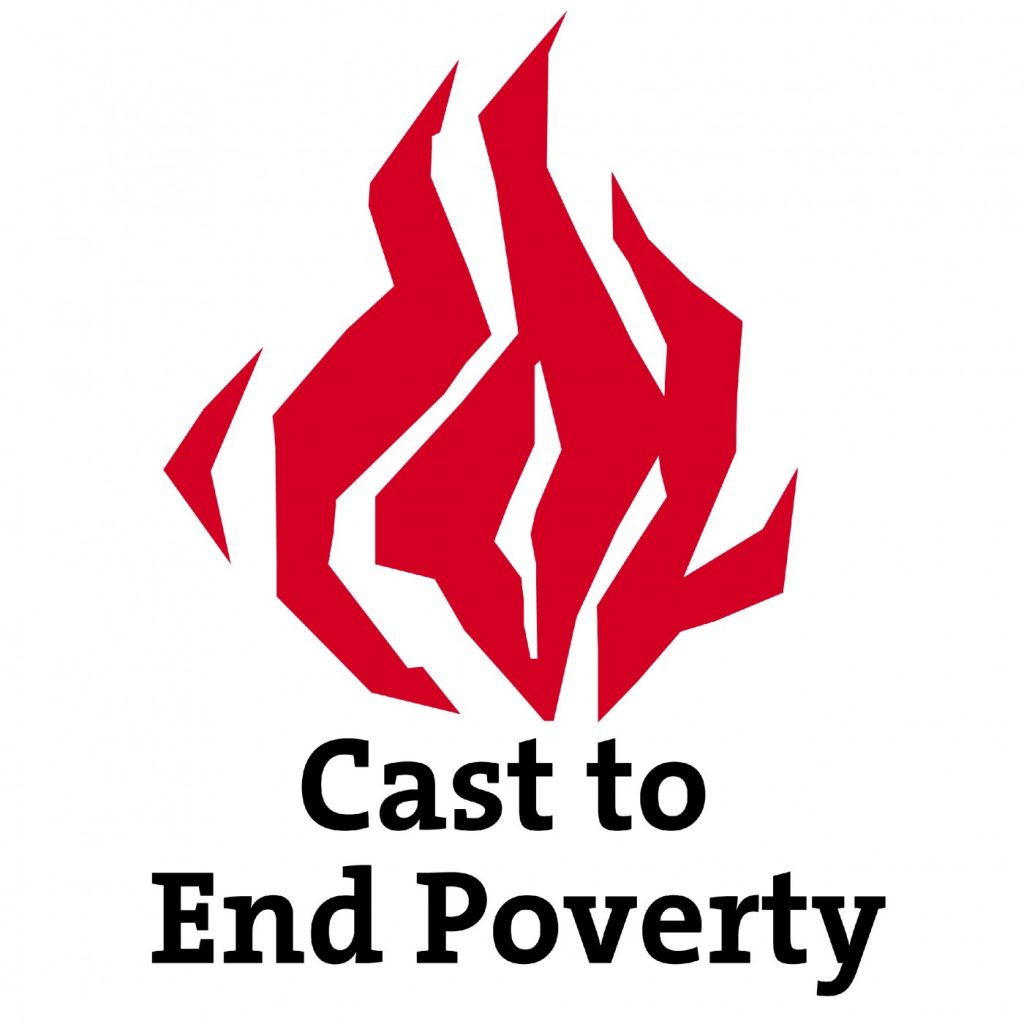A report from our 7 May online discussions on what it means to be church on the margins during the pandemic.
Resilience (opening reflection by Martin Johnstone of the Church of Scotland)
Where have we seen new life/new ways of being?
- New ‘churches’ have formed online. If these continue after lockdown how will we think about church ‘membership’? How will it be redefined? What does this mean for institutional churches?
- People who are not usually ‘church-goers’ have joined online church services. It has become a ‘church without walls’.
- Churches are continuing to do traditional services as usual.
- In broadcast mode the content of online services is quite passive.
- Foodbanks are too busy providing a service, they don’t have time to get to know people and gather their stories.
- We can allow our online church gatherings to be messy, they do not need to be perfect. Sometimes things go wrong but this is more authentic.
- Online church is safe space for people to engage.
- More people are engaging online, at different times of the week.
- We need to be church everyday of the week, not just Sundays.
Are there new resources and ideas about the church and how they can support communities to flourish?
- One church community is taking an inter-faith approach to the alpha course … ‘Beta Max’ is an inter-faith gathering where people come together to discuss faith.
- Examples of church ministers visiting people living on the street, bringing them food, etc. also providing packed lunches to children who are missing out on free school meals, and printed educational packs for families who do not have internet access.
- How can we include people who are invisible during the pandemic, people who are digitally excluded?
- Online church is more accessible for young families. Online children’s liturgy.
- New gifts are being uncovered in the new spaces.
- We need to be alongside and reach out to people on the margins, not ‘saviours’ dropping in and out of people’s lives.
- We can minister to each other, we don’t have to follow the model of priest as leader and congregation. E.g. Some people have organised family funerals themselves.
- The model of priest/minister as leader/gatekeeper needs to change. ‘The priesthood of all believers’.
- We should keep the ‘good things’ from online church when lockdown is over.
- Some churches do not currently have ‘permission’ to help with the crisis response locally. Individuals are doing things but not representing the church.
- Some churches are looking after their own members but not reaching out to others in the community. Will the community notice if the church reopens?
- Food pantries as examples of community-led organisations.
- How do we create a safe online space for people to talk about how they are feeling?
Are there any examples of churches standing alongside those on the margins (not speaking for them)?
- Not many visible examples of the church response, some church members are probably involved in service delivery but the ‘official church’ is less visible. … Can we offer our church buildings to others who are responding in the community?

Research and Information Officer
The amazing 11-year-olds uniting a community through food
This inspiring story tells of five 11-year-olds, who have become the youngest people in the UK to launch a Pantry. Makayla, Ahmad, Retaj, Ayman and …
Make Them Pay: We’re backing the call for a just tax system
The Make Them Pay march this Saturday (September 20th) will see thousands of people demanding that the Government introduce a just tax system. We back …
Glory: How I’m striving for change and a better society
Change happens when people work together to demand it, and we love hearing inspiring stories of people doing just that. This blog showcases the experiences …
Church Action on Poverty Sheffield: 2025 pilgrimage
16th annual pilgrimage Saturday 11 October, 2025 Hear about local issues and responses, as we walk and pray together Gather: 9am, St Cuthbert’s Church, Barnsley …
Empty Plate Project lets local people be heard
Art can be a brilliant way to engage people in social justice issues – as we see here once again The Empty Plate Project in …
We have a new Chief Exec – and we’ll continue to be a catalyst for change!
We’ve appointed a new Chief Executive. Liam Purcell steps into the role from 1 July.
Prayer, care and action: how Christians should respond to injustice
Guest writer Greg Smith shares a personal story of injustice in the care system, and urges churchgoers to demand better …
The amazing 11-year-olds uniting a community through food
This inspiring story tells of five 11-year-olds, who have become the youngest people in the UK to launch a Pantry. …
Make Them Pay: We’re backing the call for a just tax system
The Make Them Pay march this Saturday (September 20th) will see thousands of people demanding that the Government introduce a …




